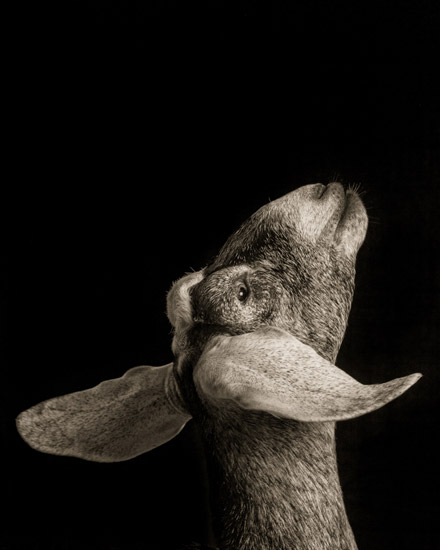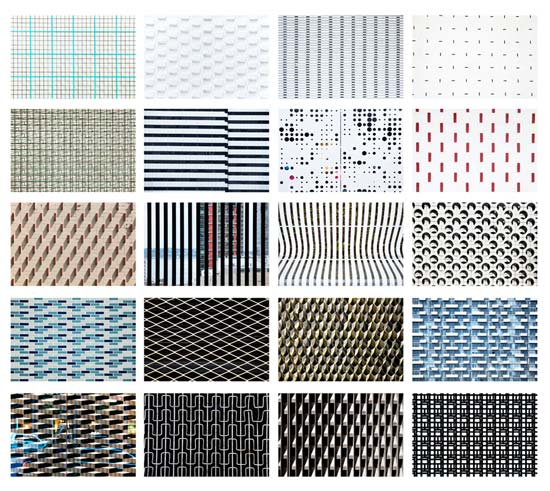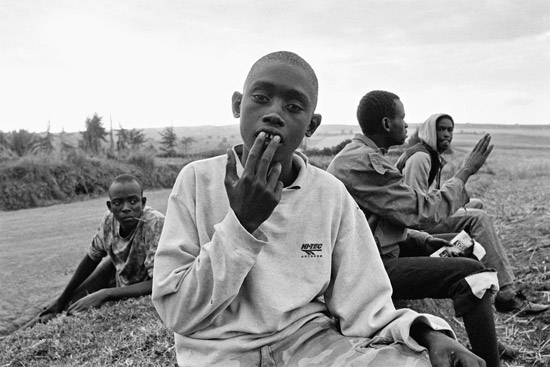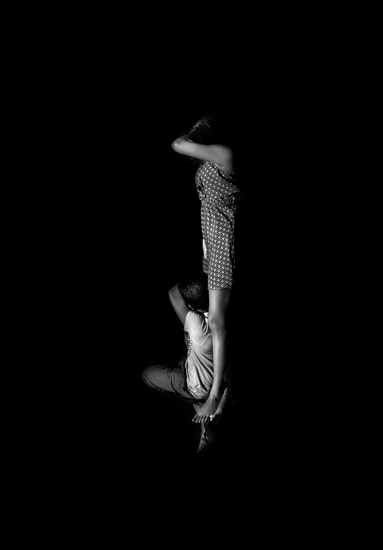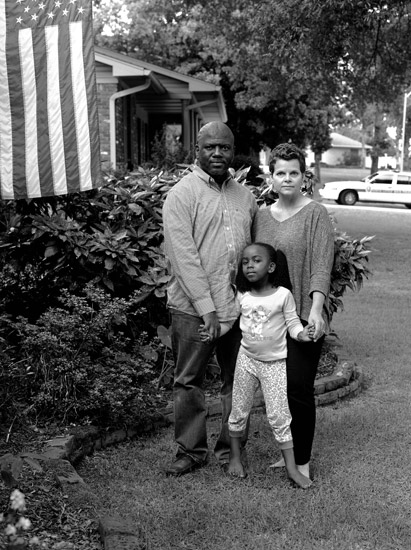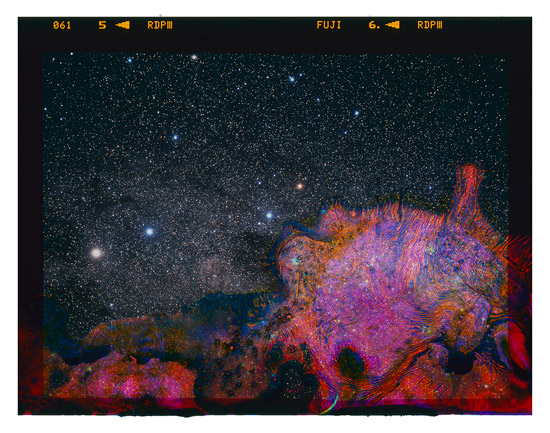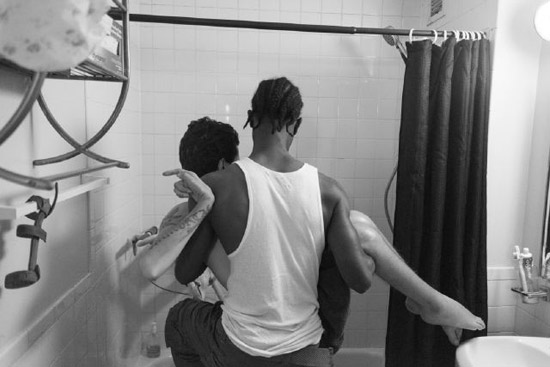Jordan Campbell's series stood out among a few hundred entries to a competition I judged earlier this year. Jordan lives in Canada; in his bio you learn that "Before moving to Toronto, Jordan worked in the sail training industry for seven years and holds a Master 150 ton and a Chief Mate 500 ton ticket with Transport Canada." I frequently remind photographers to tell us something interesting about themselves that is not photography related because you never know when it will inspire someone to work with you.
Jordan's artist statement tells us all there is to know about his project:
"The Thorns We Walk Upon is a social documentary, which gives a glimpse into daily life at the Samburu Handicap Education and Rehabilitation Program (
SHERP), an NGO in Maralal, Kenya. Grace Senia, a teacher in the local community, established SHERP in 2001. Since then, and in an effort to accommodate a variety of needs, SHERP has become a home, a community, an orphanage, and a dormitory for children with disabilities.
With help from the Samburu town council, county council, and the Japanese embassy, Grace managed to acquire a plot of land and build two dormitories in Maralal. Over the past thirteen years, various international donors have helped build SHERP's infrastructure, however despite the available facilities SHERP's needs continue to outweigh available resources. Water, food, staff, and full time management are never present in unison, creating a challenging and complicated environment for the kids."
"Each child at SHERP has his or her own unique story. Some are left at the front gate, while others come from supportive families, which see SHERP as an opportunity for their child to receive an education. To varying degrees both the semi-nomadic culture, and the traditional misunderstanding of disability in Samburu are a part of each child's story. Their lives have been marked by much pain. In spite of this kids at SHERP come together to lean on each other.
The Thorns We Walk Upon attempts to place individuals before their disability while speaking towards the questions and landscape they must navigate. Theirs is a path marked by layers of hostility. What is taken for granted by most, even in the arid hills of Samburu, are real and immediate concerns for kids with a disability. Their struggle for food and a sense of home, in many ways, is an odyssey for self worth.
Despite living at SHERP these glimpses were viewed as a guest. The Thorns We Walk Upon tries to acknowledge as much. This series reflects both an expression of the kids' lives and the challenges of working across difference and privilege."
Beautiful. Thanks Jordan!
